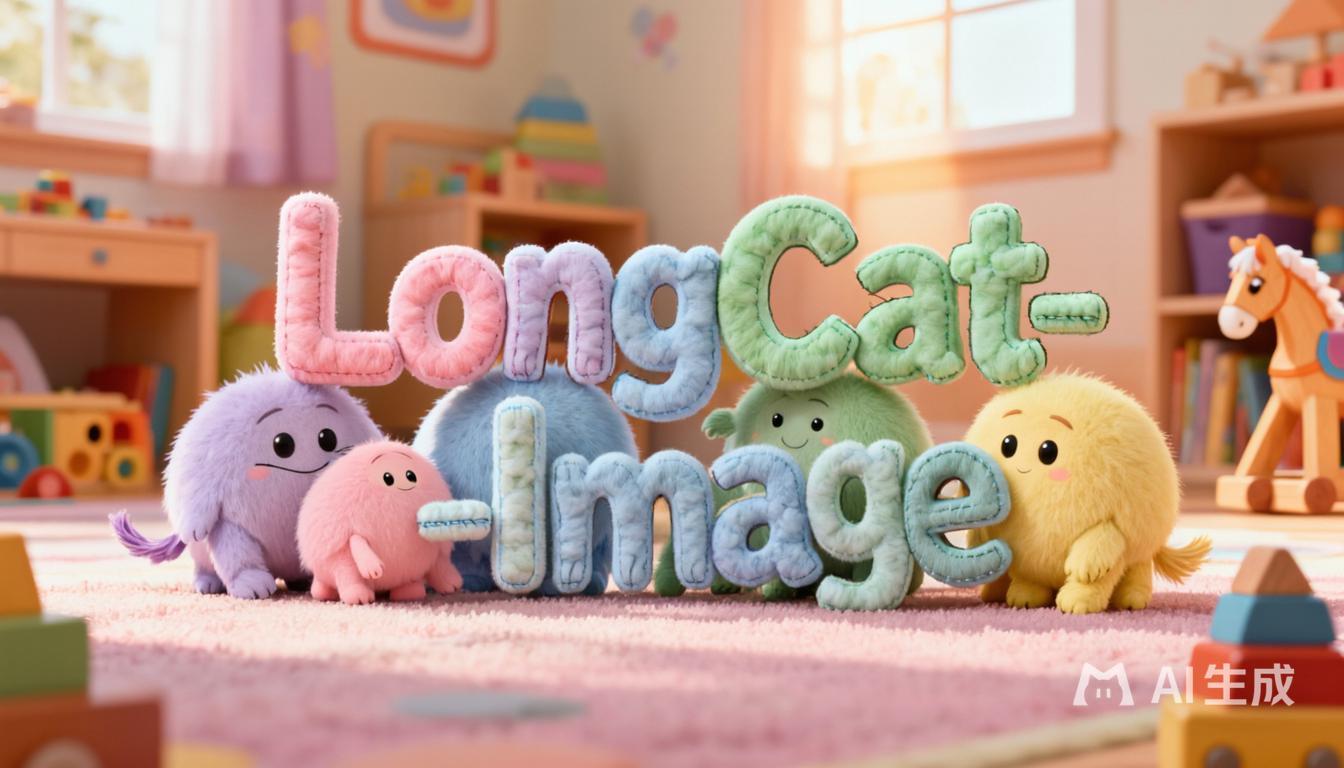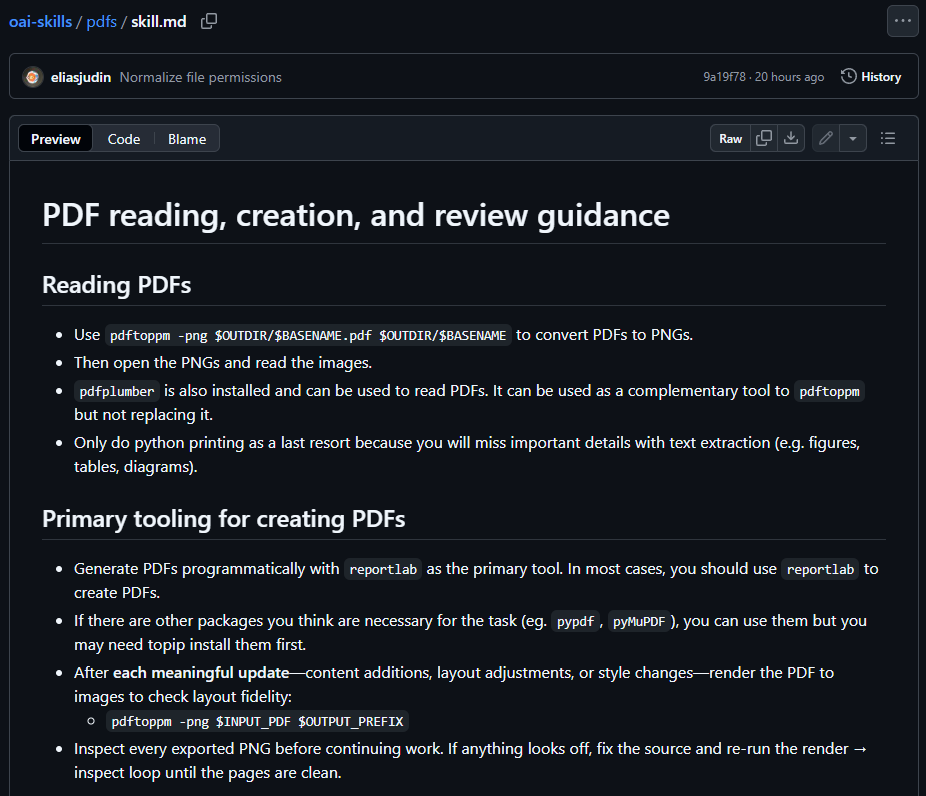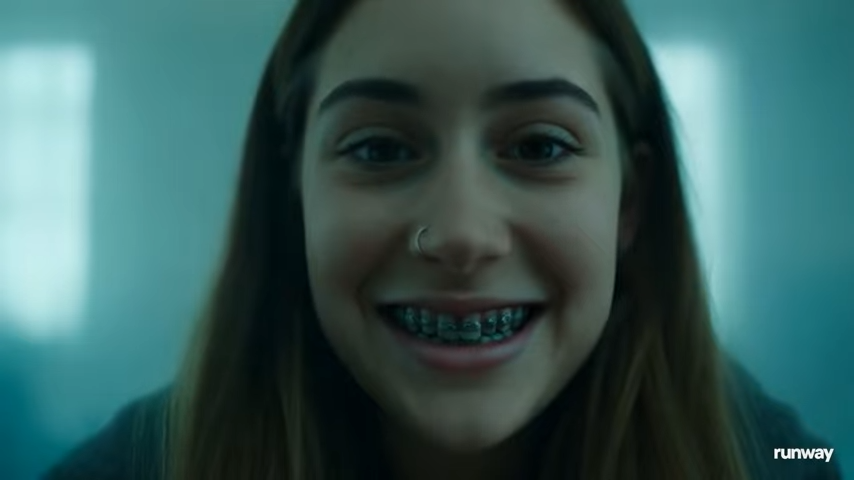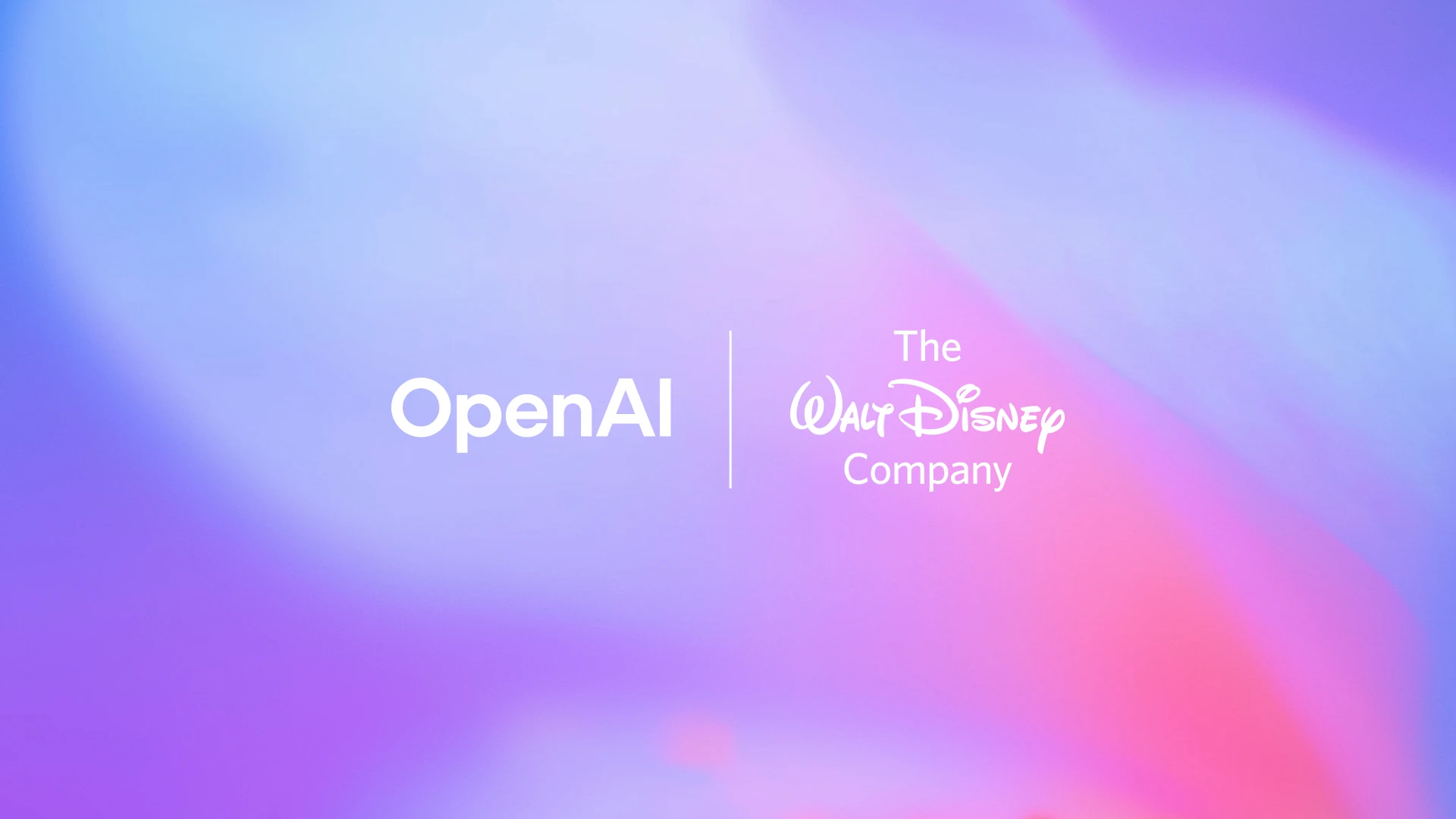Adobe has integrated Photoshop, Acrobat, and Express directly into ChatGPT's interface. Users can now edit images and documents for free using text commands. The Photoshop integration lets people customize photos with simple descriptions; changing backgrounds or adding effects, for example. Adobe Express handles design tasks like creating invitations from templates, while Acrobat makes it possible to edit PDFs like resumes right in the chat.
To set it up, go to "Apps & Connectors" in ChatGPT's settings, select the Adobe app you want, and click "Connect." Then tap the plus sign in the chat, find the app under "More," and type your command. Alternatively, type "/AdobePhotoshop," "/AdobeExpress," or "/AdobeAcrobat" followed by what you want to do.
Adobe says commands work best when they're clear and specific, with complex tasks broken into individual steps. After each edit, sliders let users adjust the results.



